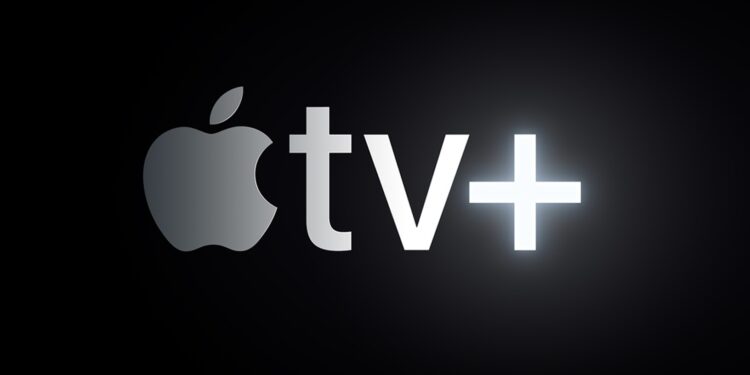Ever since Apple entered the streaming market with Apple TV+ in November 2019, one question has been raised: Why is a tech company focused on iPhones, Macs, and iPads suddenly getting involved in series and films? It's not just about entertainment. There's a strategy behind it. Apple invests billions in its own content and operates a full-fledged Hollywood studio. Even the Netflix CEO has publicly expressed surprise at Apple's commitment to this area. A new report could now explain why Apple is doing this in the first place—and how the service fits into its overall strategy.
The streaming service Apple TV+ costs €9.99 a month and offers series such as "Ted Lasso," "Severance," "The Morning Show," "Silo," and "Shrinking." You can sometimes even try Apple TV+ for free or use it as part of promotional packages, for example, when purchasing a new device. What hasn't been entirely clear so far: Is the service simply a way to maximize profits in the streaming market—or does Apple have a bigger plan? According to a new study by CIRP (Consumer Intelligence Research Partners), Apple TV+ appears to play an important role in the Apple ecosystem. And it's apparently less about competing with Netflix and more about customer loyalty (via CIRP).
Apple TV+ subscribers own more Apple products
CIRP's data covers the twelve months up to December 2024. During this period, it was found that around a third of customers who purchased a new Apple device in the last three months are also Apple TV+ subscribers. This group not only owns the streaming service—they own significantly more Apple products than others. Key figures:
- 50 percent of Apple TV+ subscribers own an iPhone, an iPad and a Mac.
- For those who do not use Apple TV+, this proportion is only around one-third.
- Only 13 percent of Apple TV+ users own only one of these three main products (iPhone, iPad, Mac).
- For non-subscribers, this proportion is almost a quarter.
CIRP focuses primarily on these three product categories because they form the core of the Apple ecosystem. Therefore, anyone who uses Apple TV+ is likely deeply embedded in the Apple cosmos.
What do these numbers mean?
The question that arises from these data is: Why is this so? Several hypotheses are on the table:
- If you own multiple Apple products, you probably have the budget to afford additional services like Apple TV+.
- It could be a classic halo effect: If you are satisfied with Apple products, you are more likely to use the company's services - including Apple TV+.
- Owners of multiple devices may be more familiar with the Apple universe and more familiar with its offerings, making them more likely to discover and try Apple TV+.
- A reverse effect is also conceivable: Apple TV+ could lead users to purchase additional devices to enhance the experience – for example, an Apple TV for the living room or an iPad for on the go.
In its report, CIRP doesn't provide a clear answer as to which cause is actually the most important. It's also quite possible that several of these effects are at work simultaneously. What is clear is that the link between Apple TV+ and a higher number of devices is statistically clearly visible.
Apple TV+ as a strategic link in the ecosystem
Whether Apple TV+ leads customers to buy more products – or whether customers with multiple devices are more likely to use Apple TV+ – Apple benefits in both cases. The service clearly fulfills a strategic role: It strengthens customer loyalty, anchors users more deeply in the Apple ecosystem, and makes other Apple products more attractive. This also explains why Apple invests so much money and energy in content. It's not just about hit series or streaming numbers. Apple TV+ is a tool that increases the value of the entire Apple universe. And it seems to be working well. (Image: Apple)
- Severance Season 3 Confirmed: Apple TV+ Continues Series
- Ted Lasso Season 4 confirmed: All information about the sequel
- Apple TV+ makes losses – but Apple remains relaxed





